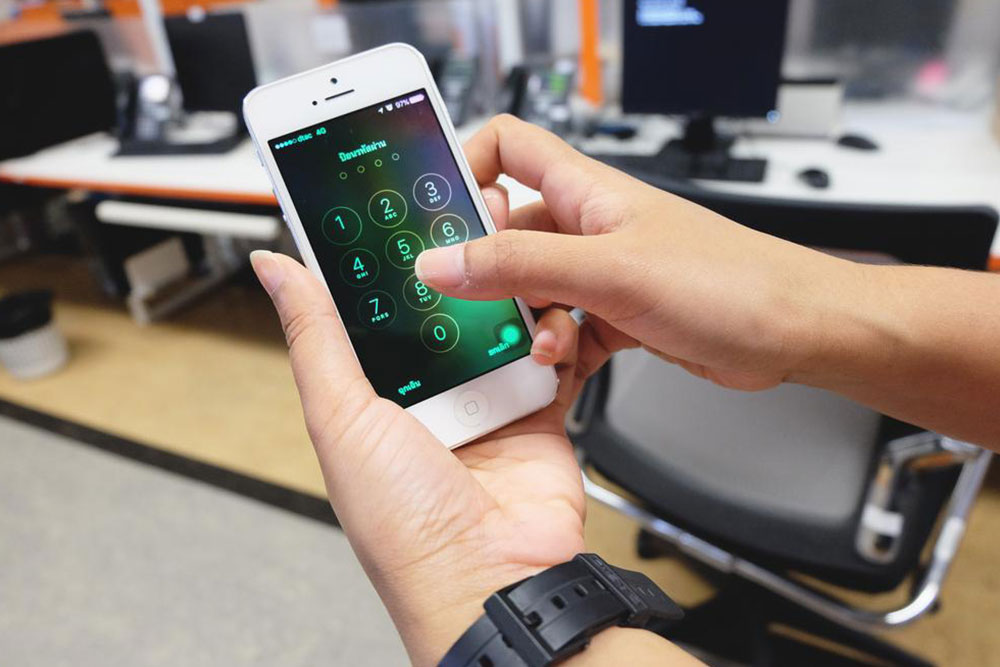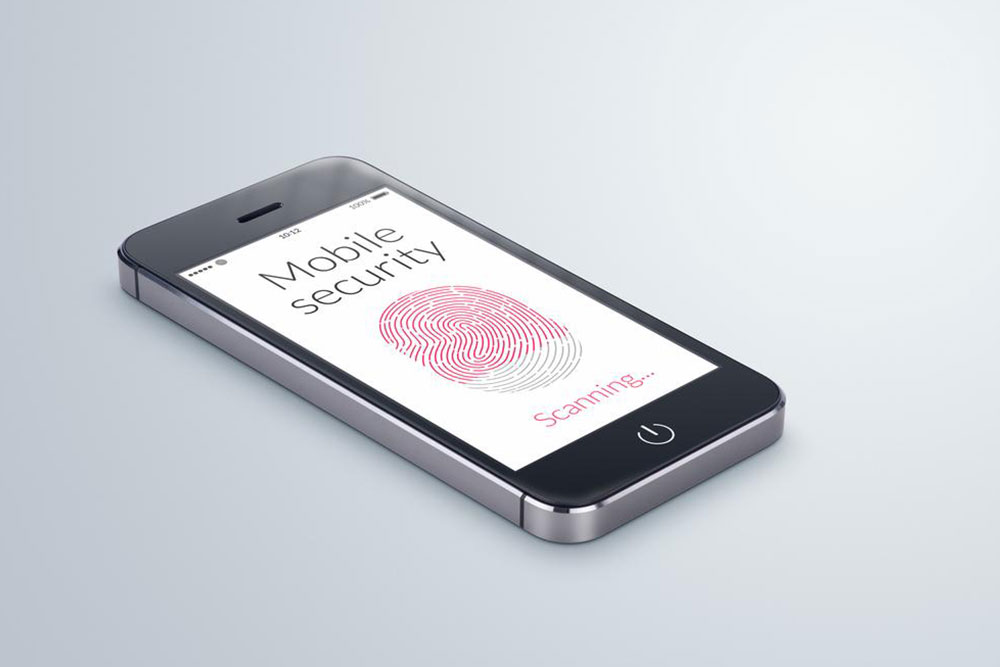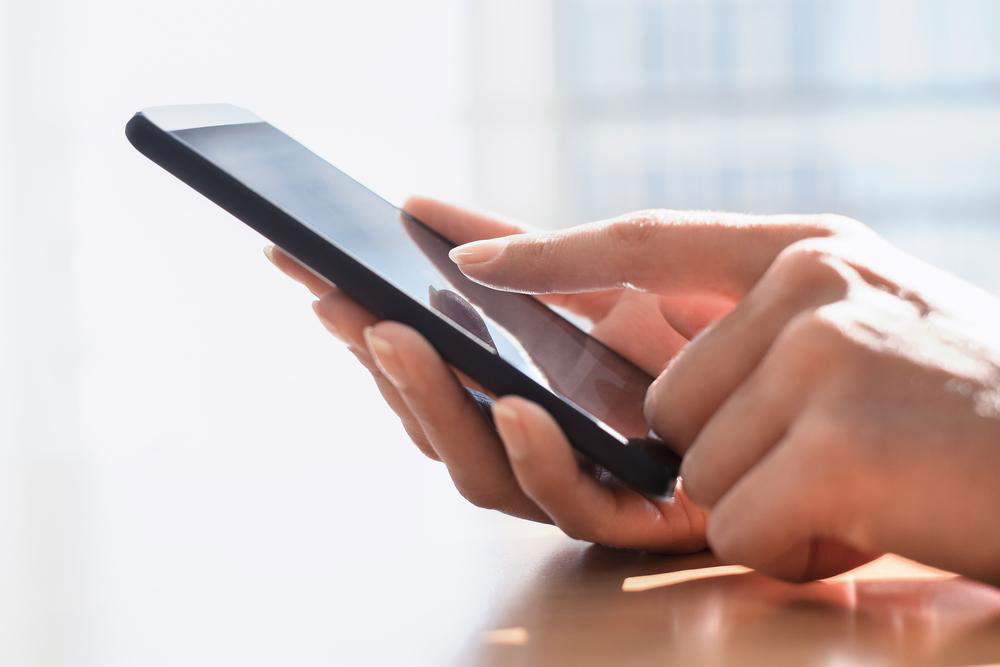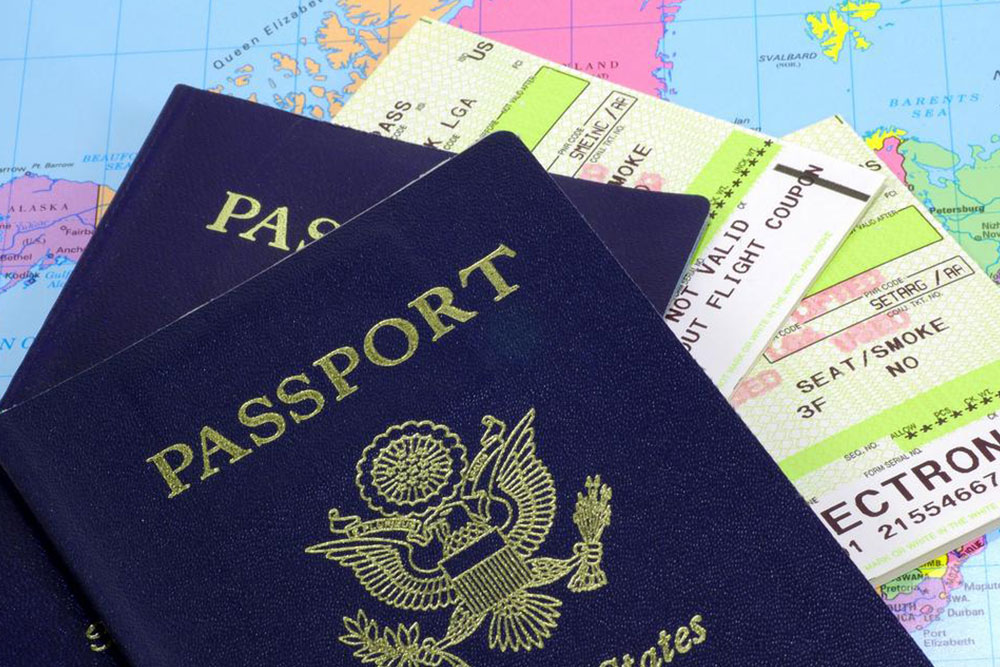Is Unlocking Your Smartphone the Right Choice for You?
Unlocking your smartphone can provide greater flexibility, affordability, and international usability. This comprehensive guide explores carrier unlocking policies, benefits, and considerations to help consumers make informed decisions about unlocking their devices.
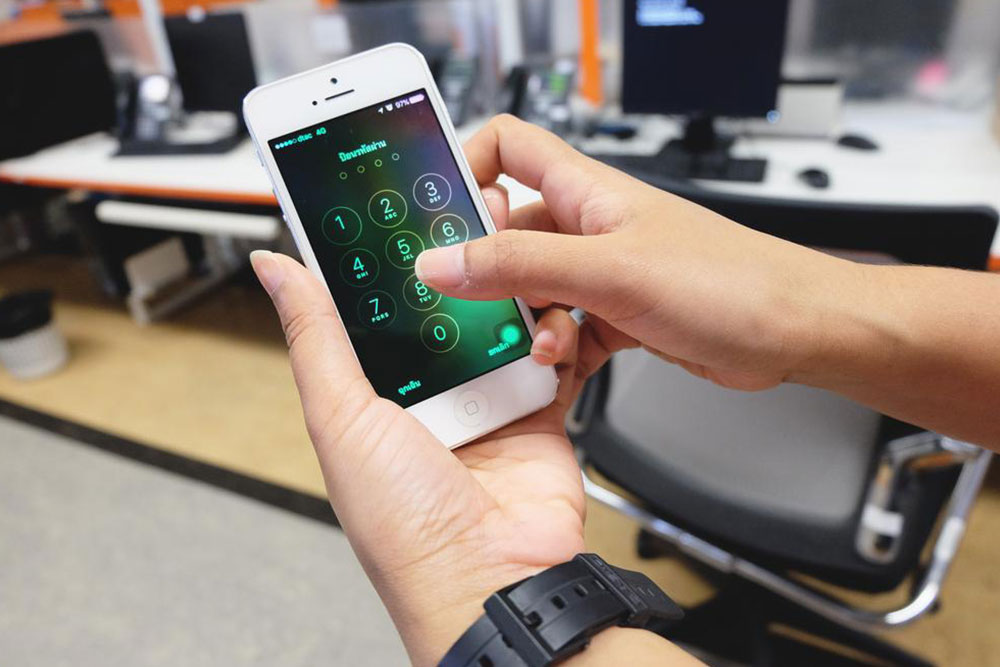
Is Unlocking Your Smartphone the Right Choice for You?
In today's rapidly evolving mobile technology landscape, the question of whether to unlock your smartphone has become increasingly relevant. Whether you've purchased a brand-new device directly from the manufacturer or a secondhand model, you might wonder if unlocking it provides more flexibility and value. Unlocking a smartphone allows you to switch networks, buy cheaper plans, and avoid being tied to a specific carrier. However, it's essential to understand both the benefits and potential challenges involved in unlocking your device.
Many carriers have implemented policies that enable users to unlock their phones once certain conditions are met. For example, AT&T, one of the major US carriers, permits customers to unlock their devices permanently after their contract has ended. Typically, AT&T allows customers to unlock a device up to five times in a calendar year, provided they have been a subscriber for at least 60 days. This policy helps consumers transition smoothly from their current carrier to others, especially for international travel or switching providers for better plans.
Unlocking requests generally come with specific guidelines and requirements. Some devices, such as certain Verizon phones, are sold unlocked from the outset, offering greater flexibility. Others may be locked, but eligible customers in good standing—those who have paid off their device and met carrier-specific criteria—can request unlocking for international travel or other purposes.
Why do policies regarding unlocking vary among carriers?
Consumer options regarding unlocking differ significantly across providers due to various policies and regional regulations. For instance, Apple and Google now sell many phones unlocked directly from their stores—like the iPhone and Pixel series—making it easier for consumers to buy phones without carrier restrictions. The LG Nexus 5, launched as an unlocked device, demonstrated early on that the market appreciates and demands unlocked options, which encourages retailers to stock diverse devices open to multiple networks.
The Digital Millennium Copyright Act (DMCA) emphasizes that there should be no legal barrier preventing consumers from unlocking their phones, underscoring the importance of customer freedom. Although some carriers or manufacturers might encourage locking to maintain control over the device ecosystem, such restrictions are increasingly challenged by consumer rights advocates and policies favoring consumer freedom.
Are unlocked phones a more cost-effective option?
One of the main advantages of unlocking a smartphone is the potential for significant cost savings. Major carriers often bundle the device's cost into monthly installment plans or service bills, which can make purchasing a phone appear more affordable upfront. However, these bundled prices often include markup and long-term commitments, which can be more expensive over time. Conversely, purchasing an unlocked phone allows consumers to avoid carrier subsidies and select plans that suit their needs better, often resulting in lower monthly bills, especially when working with Mobile Virtual Network Operators (MVNOs) that offer cheaper plans.
In the United States, T-Mobile has pioneered an approach that eliminates the need for lengthy contracts by offering customers the option to purchase subsidized but unlocked phones, giving them more freedom and flexibility. This trend towards unlocking devices and flexible plans is changing the way consumers approach mobile service contracts, promoting more transparent pricing and greater choice.
Furthermore, unlocked phones can be used internationally without restrictions, which is particularly advantageous for frequent travelers. Since many carriers lock their phones to their network, traveling abroad often requires expensive roaming plans or the hassle of unlocking the device later. An unlocked phone simplifies international usage, making it a practical investment for global travelers.
So, is unlocking your smartphone the right choice? Consider your usage habits, travel plans, and budget preferences. Unlocking can give you more freedom, better plans, and potential savings but requires understanding the unlocking procedures and ensuring your device eligibility.
In summary, unlocking your smartphone offers numerous benefits, including enhanced flexibility, compatibility with various carriers, and cost savings. As policies continue to evolve, consumers should educate themselves about unlocking options and advocate for more open device policies to maximize their mobile experience.
